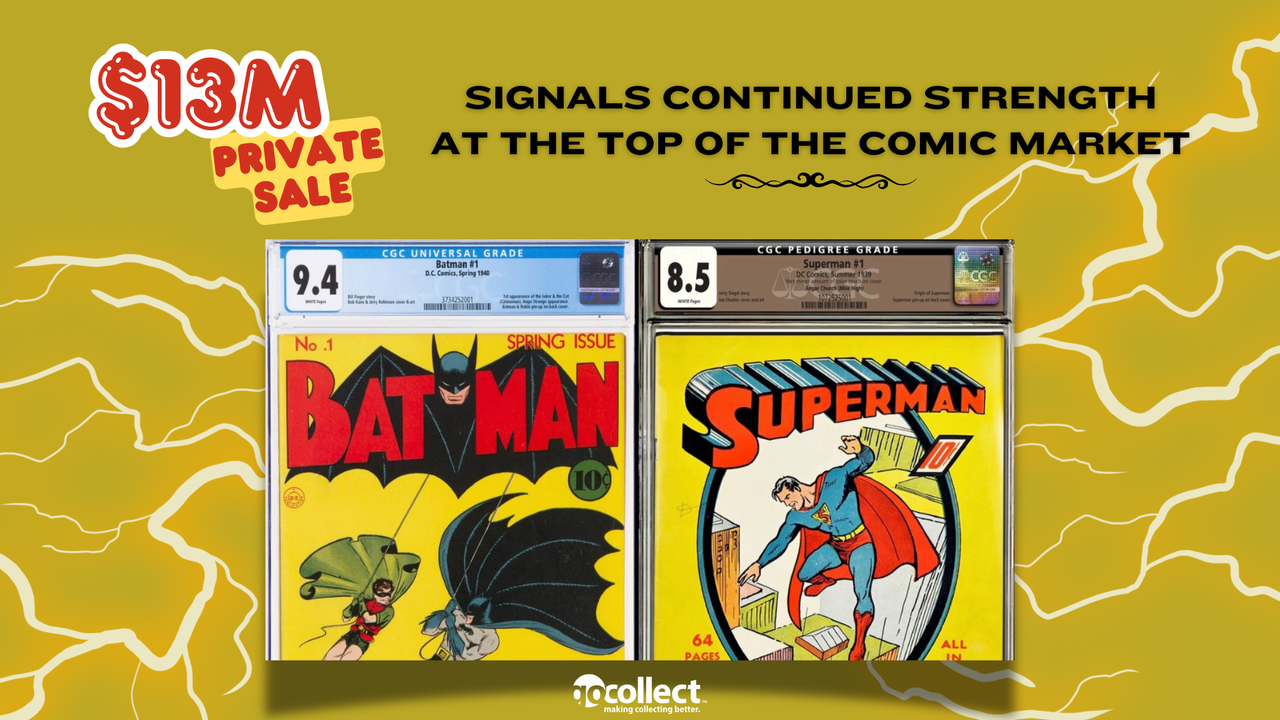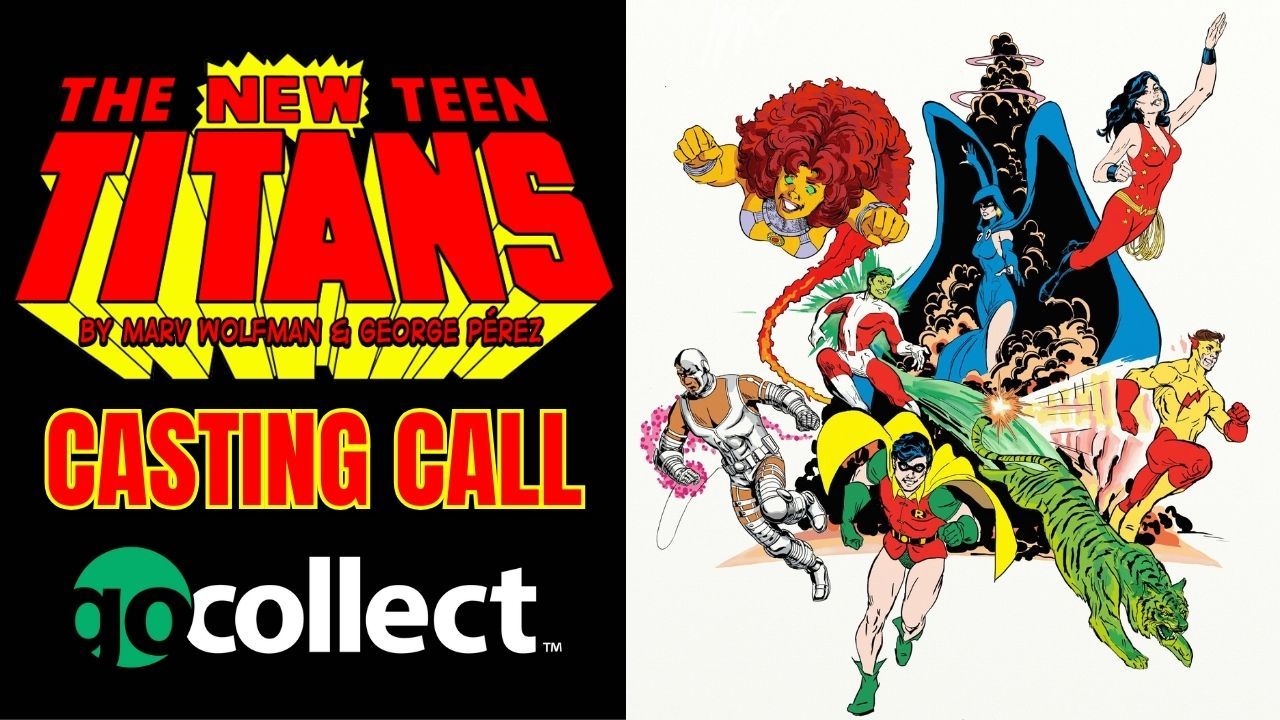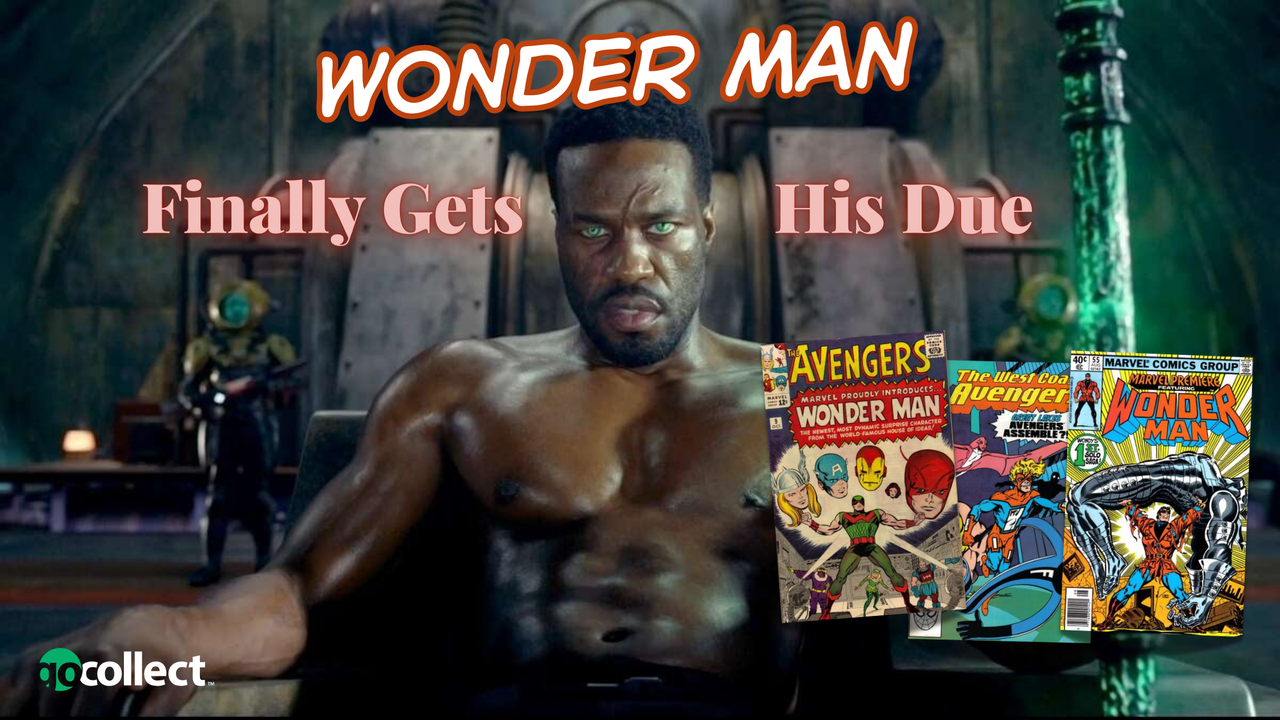 Put your pitch forks and torches away, true believers. We may not agree with Bill Maher's thoughts on Stan Lee and comic books, but his remarks have opened the door for a meaningful debate: can a comic be sophisticated literature?
Put your pitch forks and torches away, true believers. We may not agree with Bill Maher's thoughts on Stan Lee and comic books, but his remarks have opened the door for a meaningful debate: can a comic be sophisticated literature?
The comic book community is still in an uproar over Maher's comments (followed by more comments) about Stan Lee's significance to pop culture and the comics medium in general. While I don't agree with Maher, he actually created something the comic community needs: a healthy discussion.
I understand that this is the internet, and social media has given a platform for anyone to express their outrage, offense, and general negativity. Let's face it - negative posts are interesting and fun to read, and social media, in itself, is a negative culture. That's exactly why Bill Maher makes calloused remarks - it's fun to listen to, no matter which side of the debate you fall on. When it comes down to it, being the Devil's advocate is part of his job, so don't take what he says quite so personally.
To summarize the argument, Maher says that comics are for kids, which lessens the importance of Stan Lee's contributions to American culture. He scoffs at the idea that comics can be intellectually stimulating. He cited reading comics when he was young as the basis for his opinion. Considering he is 62 years old, when he was a child, it's apropos to his stance since comics of the time had simplistic plots with wholesome themes and clear moral stances geared specifically towards young children. When Marvel Comics was established, Stan Lee wrote for a slightly older audience, but his work was still geared toward young teens.
As times changed, so did the comics industry. The themes gradually became darker and more mature, the art more detailed and imposing as the industry aged with its audience. It wasn't until the mid-1980s that more mainstream comics were written and drawn for adults. That's when Frank Miller and Alan Moore gave us The Dark Knight Returns and Watchmen, respectively.
Those two stories I can point to as truly being literature. Moore particularly draws on the tropes of the old golden age comic format and turns it on its head, depicting the most realistic approach to superheroes that had been done up to that point. He harnessed the political climate of the Cold War and used that sense of dread and distrust that had been bred from it to make a gritty, violent take on costumed do-gooders that blurs the line between who are the heroes and who are the villains. In the end, the story raises the question of who keeps the powerful in check. In other words, "Who watches the Watchmen?"
DKR is thematically different from Watchmen, but it also reflects the political climate of the Cold War. In fact, Miller sneaks some darkly humorous moments into his narrative, especially his portrayal of Ronald Reagan as more of a slapstick cartoon character that seemed to have been plucked from the golden age. By the time the story enters its final act, we're presented with an analogy for the changing comics medium. There's Superman, representing the golden age and "truth, justice, and the American way," sent into battle by President Reagan. Then there's Batman, the morally ambiguous modern superhero, shunning Superman's innocent and naive ideology and ushering in a new age.
What Maher fails to recognize is that literature takes many forms. His view on what makes a work literary is very much "black and white." I see literature as being diverse and broad in scope and far from monochromatic. Just because the protagonist wears a cape doesn't make it less complex of a narrative.



